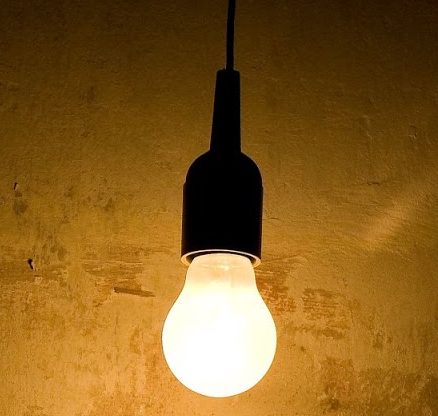The Nigeria Labour Congress, power distribution companies, and the Nigerian Electricity Regulatory Commission are heading for a collision course over the planned hike in the tariffs payable by electricity consumers nationwide.
Although power distribution companies and the NERC have not officially confirmed the planned increase, the Multi-Year Tariff Order of the regulator, which explains tariff reviews in the sector indicates that electricity tariff is meant to be reviewed every six months.
This implies that the tariff being paid by power users currently, will be reviewed and a new tariff will take effect from July 1, 2023.
In reviewing the tariff, based on MYTO, the NERC considers various economic factors. They include inflation rate, foreign exchange rate, available power generation capacity, gas price, and, capital expenditure adjustment.
Operators project that the high rate of inflation, coupled with the recent floating of the naira against the dollar, among other factors, will lead to an estimated rise of about 40 per cent in electricity tariff by July 1, 2023, should the MYTO be implemented.
Reacting to this, the NLC, on Thursday said the plan to increase electricity tariff by 40 per cent by July 1 “was both insensitive and callous and reflects an organised indifference to the wellbeing of consumers, especially, the poor ones.”
The NLC President, Joe Ajaero, stated that the massive increase was explained away as a response to the over 100 per cent increase in the pump price of Premium Motor Spirit, popularly called petrol.
“Details reveal a movement in inflation from 16.9 per cent to 22.41 per cent (threatening to needle at 30 per cent), and a shift in the exchange rate from N441 to N750 (per dollar).
“We believe that not even these figures are a justification for this reckless proposed tariff increase. The issue of capacity to pay and quality of service delivery is not only germane but superior to any rationalisation by market logic,” Ajaero stated in a statement from the labour union.
He also pointed out that the service providers in the power sector were performing far below expectations, and accused power distributors of hiking tariffs surreptitiously.
He added, “The service providers in spite of sundry support have not been able to meet the threshold of 5,000 megawatts. Coupled with this, there have been surreptitious increases without notice in violation of statutes.
“The inherent risk in the new regime of tariff is that there is no control, implying that by August, consumers will pay new rates. The other risk is that by the time other products or service-rendering entities come up with their new prices or rates, the ordinary person would have been compacted into dust.
“We would want to advise the apostles of the market who have called the NLC all sorts of names to check their conscience. The rate at which they are going is highly combative and combustible,” Ajaero stated.
Furthermore, the power sector plays a critical role in attracting foreign direct investment and driving industrial growth. Any instability or prolonged disagreement in this sector may undermine investor confidence and hamper Nigeria’s economic development aspirations.
As the clash between the labour unions and the Discos intensifies, stakeholders are urging all parties involved to prioritize the interests of Nigerians and find a sustainable solution. The need for a robust and reliable power sector that caters to the needs of the people while ensuring the viability of industry players cannot be overstated. With the government, labour unions, and Discos at loggerheads, finding common ground is crucial to chart a path forward that guarantees affordable and accessible electricity for all, without compromising the financial stability of the power sector.






Comments are closed.